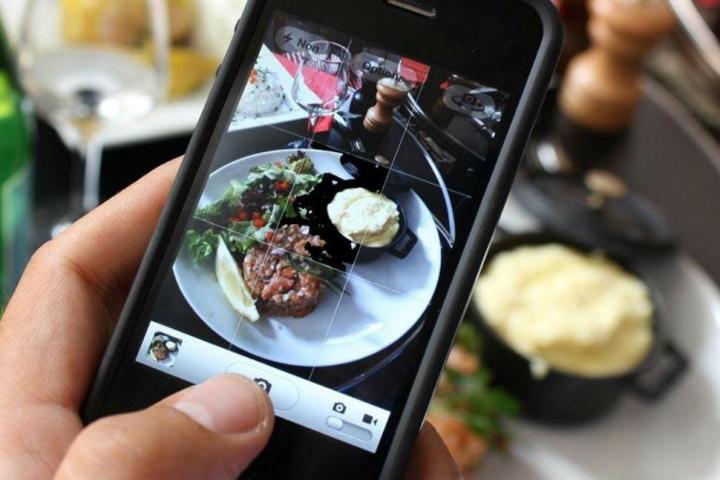
Now, this research isn’t saying you’ll gain weight simply by looking at tacos — it’s what that image causes you to do afterward. As mentioned in the research, the brain is the organ in our body demanding the most energy consumption, and one of its primary functions is to seek out nutritious sources of food.
Because we are surrounded by and have access to continuous streams of images of food through the Internet, we are subject to increased salivation, as well as other physiological changes resulting in the feeling that we need to eat, even when we don’t. Furthermore, food porn causes us to pay more attention to the quality of food on our screens than the sometimes unhealthy alternatives we are actually consuming.
Although a lot of the blame for the obesity problem has been placed on the oversupply of food, “eating with our eyes,” as referenced in the study, is becoming not only a growing concern but quite possibly a major cause of weight gain and obesity. The foods we often salivate over are the ones that are made to look as visually appealing as possible, and they are usually not the most nutritious or healthiest of choices. Food porn generally involves very few delicious-looking salads, but instead, never-ending streams of ornately and heavily decorated, calorie-filled cakes and desserts.
If avoiding weight gain isn’t reason enough to step away from social media, the study also indicates that those beautiful images of food negatively affect our ability to enjoy the actual grub we do eat. Our real-life food just can’t compete with those highly decorated and perfectly plated virtual meals, and so we wind up perceiving it as a big letdown. “The pleasure of seeing virtual food (the hunger for images, or ‘digital grazing’) while eating has in some sense superseded the pleasure of seeing the real thing,” the research finds.
Editors' Recommendations
- How a tiny social media break can give you surprisingly big health benefits
- How phones, social media, games keep seniors connected, safe
- With Instagram’s newest sticker, you no longer need to say “link in bio”
- What is Section 230? Inside the legislation protecting social media
- Practically every major social app has a Stories function now. This is why


